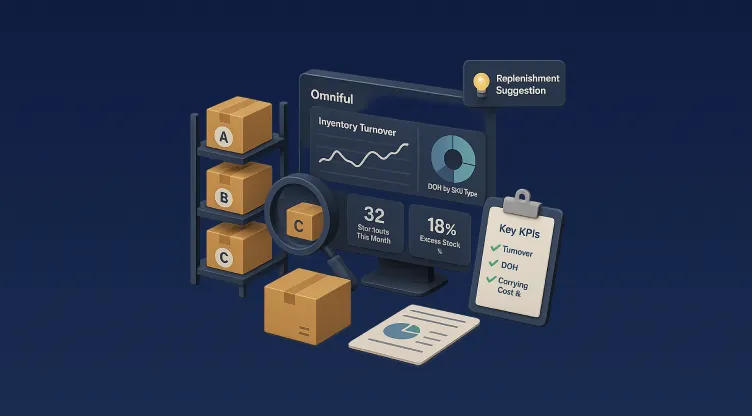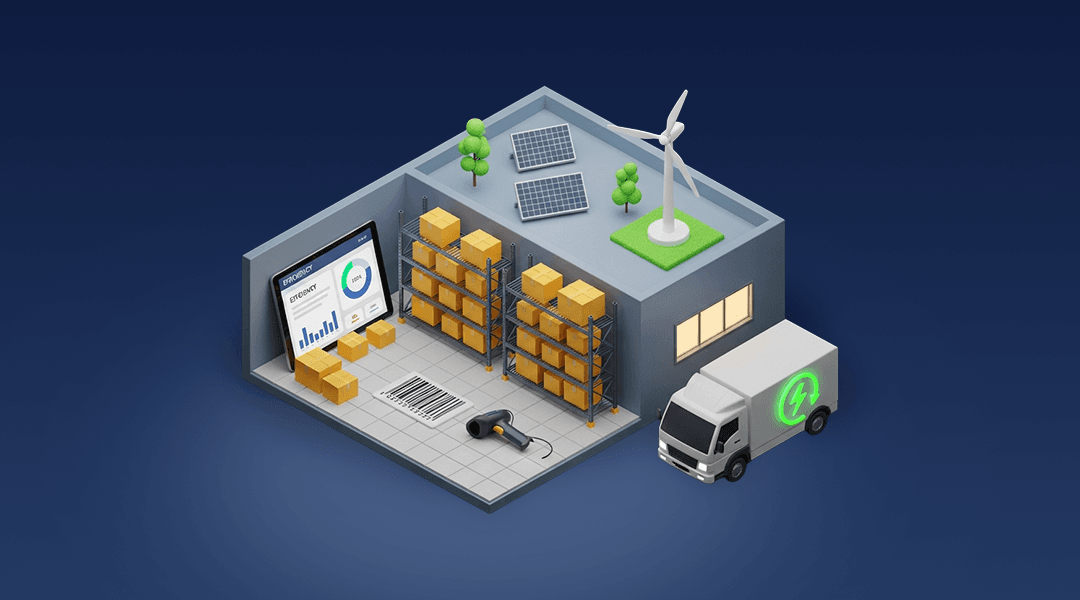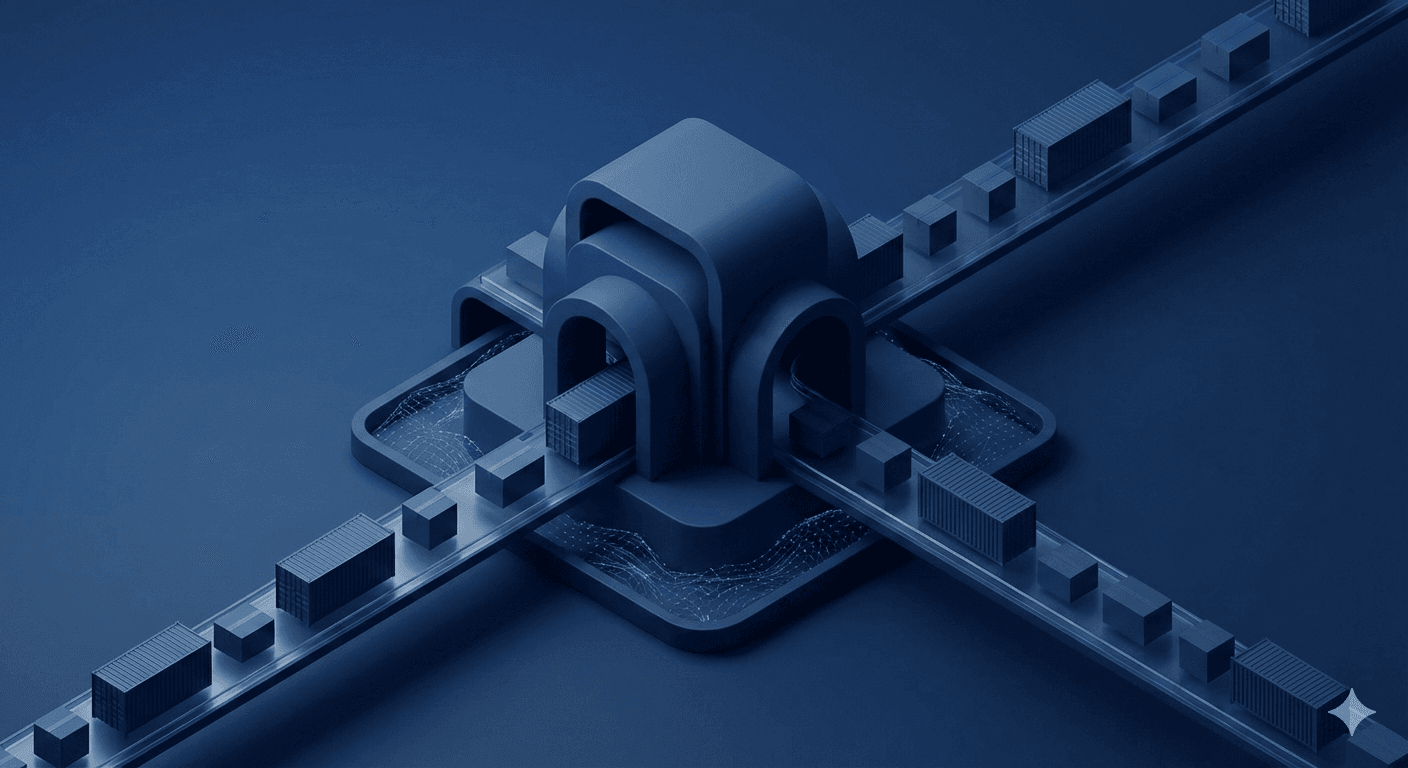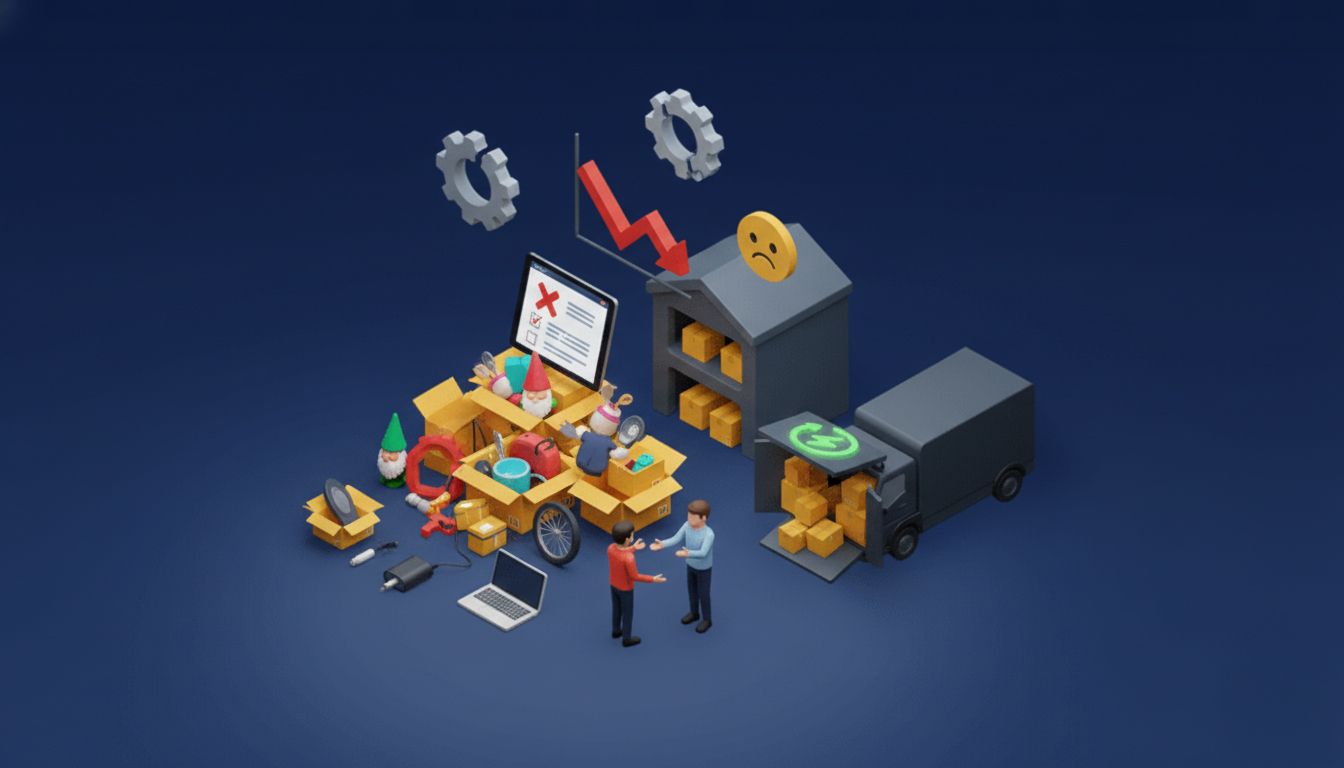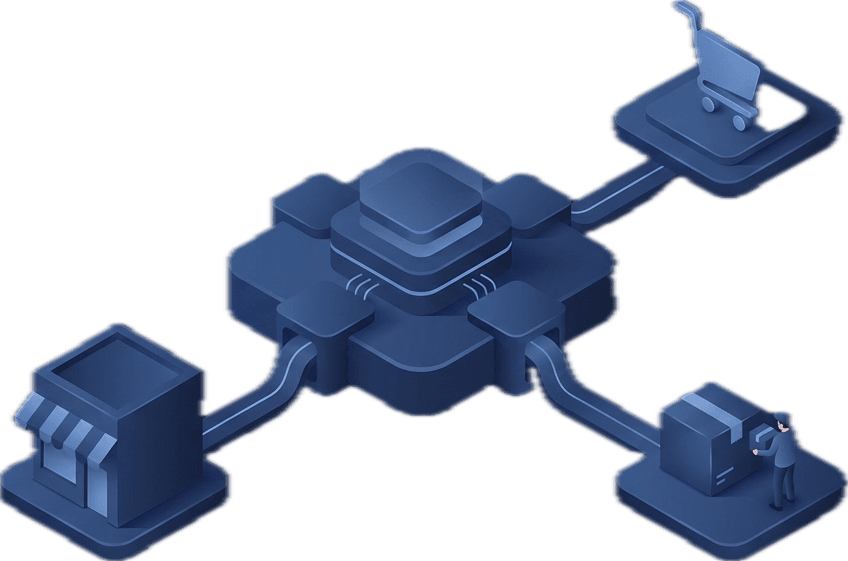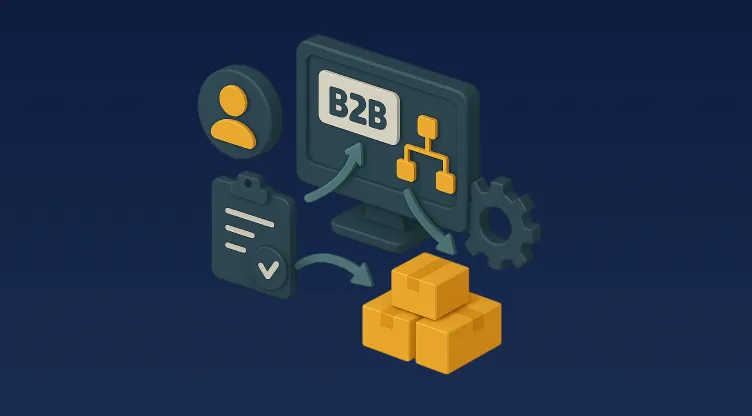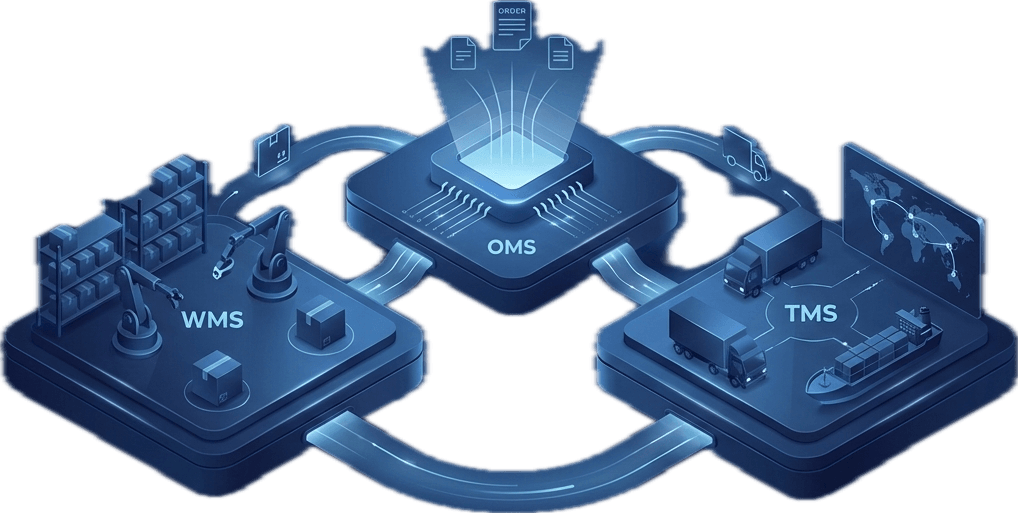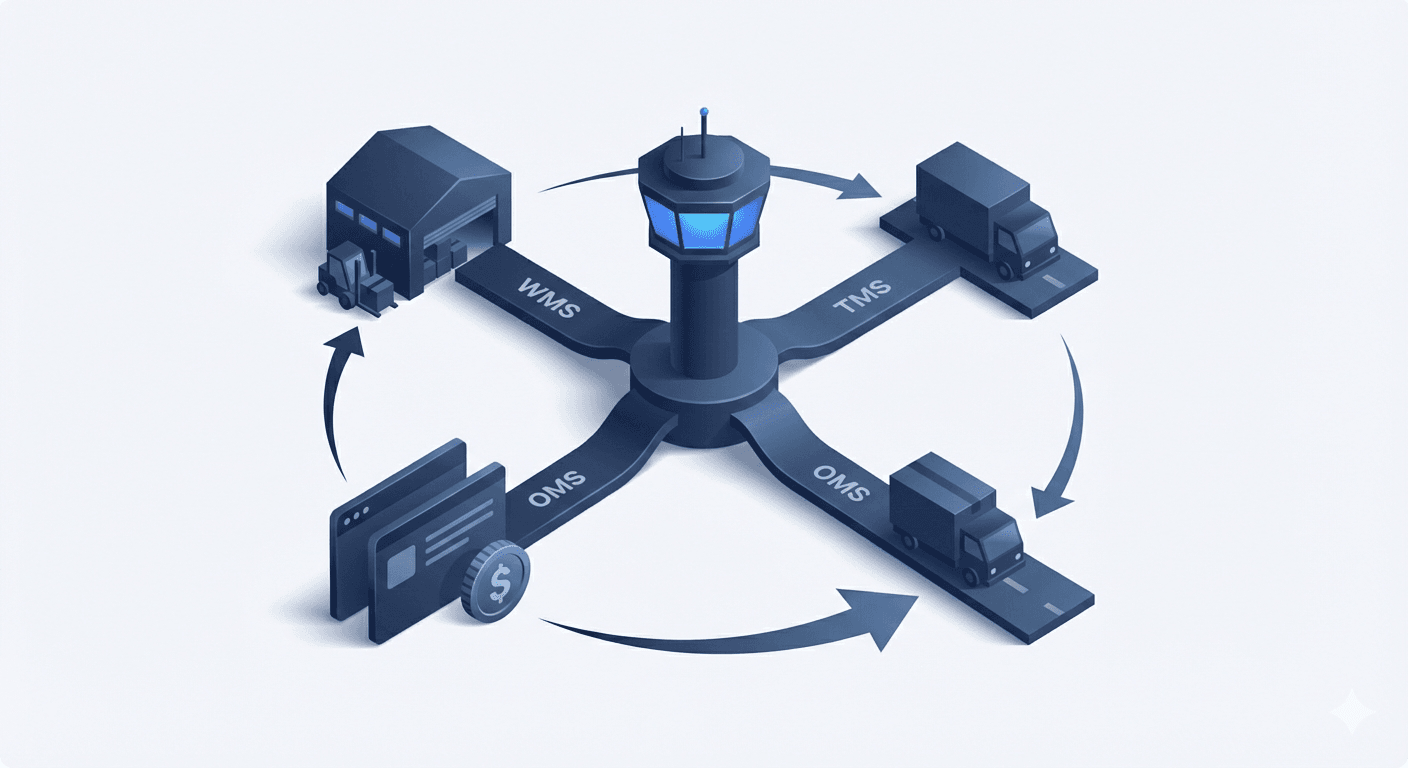ERP vs. Multiple Standalone Solutions: Consolidation or Best-of-Breed?

Table of Contents
One Look, One Answer – Before You Decide
- Centralised ERP platforms simplify workflows and improve visibility.
- Best-of-breed apps provide specialised functions but create integration pain.
- ERP systems reduce training time, but initial setups can be complex.
- Using many tools means more flexibility, but harder data syncing.
- Decision depends on business size, sector, and tech maturity.
- For MENA firms, hybrid or modular ERP systems work best.
- Scalability, localisation, and speed should shape your tech stack strategy.
- Use integrated platforms like Order Management Systems to bridge both worlds.
- Choose tools with Arabic interfaces, real-time tracking, and regional compliance.
The Real Business Dilemma: One System or Many?
As e-commerce, retail, and logistics firms in MENA scale, so does the complexity of their operations. Many reach a crossroads: consolidate with an ERP system or invest in separate, specialised solutions?
ERP (Enterprise Resource Planning) systems bring everything under one roof—from procurement to fulfilment. But best-of-breed software targets specific needs with laser precision. The decision isn’t easy. It affects cost, scalability, user experience, and future adaptability.
So, what’s the right approach for your MENA-based business?
Understanding ERP Systems – معنى نظام ERP
In Arabic, erp system معنى refers to a system designed to manage and integrate core business functions. Think finance, inventory, sales, procurement, and HR—all synced and updated in real-time.
Common Features of ERP Platforms
- Unified data repository
- Real-time reporting and dashboards
- Role-based user permissions
- Integrated financial and supply chain modules
- Mobile accessibility
Popular ERP platforms used in the Middle East include Mawared ERP, SAP, Oracle Netsuite, and Microsoft Dynamics.
But here's the catch: ERP platforms are not always agile. Many businesses find their ERP difficult to customise and slow to adapt.
Best-of-Breed Solutions: Sharp, Targeted, and Often Isolated
These are tools designed to be the best at a single task:
- Warehouse Management Systems (WMS) for storage optimisation
- Transportation Management Systems for delivery efficiency
- Returns Management Tools for seamless reverse logistics
- Point of Sale (POS) for in-store transactions
Each can outperform its ERP equivalent in a specific area. But what happens when you need all these systems to talk to each other?
Comparing the Two Approaches
| Feature | ERP Systems | Best-of-Breed Solutions |
|---|---|---|
| Integration | Centralised, seamless | Requires connectors/APIs |
| Speed of Deployment | Slower, especially in customisation | Faster per module |
| User Experience | Unified UI/UX | Varies by vendor |
| Cost | High upfront, lower maintenance | Lower setup, but recurring overheads |
| Regional Relevance (MENA) | Needs localisation efforts | Easier to find localised options |
| Scalability | Great for growth | Can be limited per tool |
For example, an ERP may not support Arabic interfaces natively. On the other hand, a localised WMS or TMS built for Gulf logistics might outperform ERP modules in delivery accuracy and speed.
Integration: The Silent Killer or Unsung Hero?
Standalone tools must sync data across platforms—sales, inventory, fulfilment, and returns. This becomes a daily challenge without robust integrations.
Imagine managing orders from Noon, Amazon, and your own website. Now route them across 4 warehouses, 3 last-mile partners, and customer return centres. Without seamless data sharing, errors pile up fast.
Modern platforms like Omniful’s Inventory Management System offer API-rich environments to ensure data fluidity.
The MENA Perspective: Specific Challenges That Shape Tech Choices
Businesses in Saudi Arabia, UAE, and Egypt operate under unique market dynamics:
- Regulatory Requirements: Compliance with VAT (e.g., ZATCA in KSA)
- Language Needs: Tools should support Arabic interfaces
- Last-Mile Complexity: High demand for hyperlocal delivery
- Retail Models: Integration of dark stores, 3PL, and quick-commerce models
- Cross-Border Trade: Managing customs, shipping, and documentation
These factors demand adaptable tools. Often, a hybrid stack—ERP core plus best-of-breed integrations—is the optimal setup.
Real-World Examples from MENA
Laverne Group (KSA)
A direct-to-consumer fragrance brand with 8 labels, Laverne struggled with slow delivery and inconsistent service from 3PLs. Instead of overhauling its ERP, the company layered in an Order Management System and WMS for in-house operations. Delivery time dropped from 4–6 days to just 2–3 hours in Riyadh.
Aramex (UAE)
Aramex, a global logistics provider, faced challenges scaling its 3PL business. By integrating Plug and Play Tools with their existing ERP, Aramex built a branded OMS dashboard and enabled fulfilment from over 100 dark stores across KSA.
These examples show that the "ERP vs. Best-of-Breed" debate often ends in a blend.
Making the Decision: Questions You Must Ask
-
What is your current growth stage?
- Startups might prefer modular tools.
- Enterprises may benefit from ERP consolidation.
-
Where is the majority of your tech pain?
- If it's order routing, invest in a smart OMS.
- If it's inventory accuracy, go for a WMS.
-
Do you have in-house IT capability?
- If not, platforms like Omniful that offer plug-and-play setups are ideal.
-
Do your tools support Arabic, ZATCA, and local delivery modes?
- Make sure your system reflects MENA realities.
-
Are you ready for AI integration and forecasting?
- ERP systems often lag here. Modular solutions are adopting AI faster.
The Hybrid Approach: The Best of Both Worlds
Today, many businesses lean towards a modular ERP setup, where:
- ERP handles finance, compliance, HR
- Specialised systems manage fulfilment, shipping, and POS
- All tools integrate with a Shipping Gateway or Returns API
This approach reduces risk, improves ROI, and allows for future innovation—critical in fast-changing markets like MENA.
Call to Action: See Omniful in Action
If you're navigating the tech stack dilemma in retail, logistics, or e-commerce, Omniful provides an integrated yet modular suite of tools covering:
- Order Management
- Warehouse Operations
- Transportation Management
- POS Solutions
- Plug-and-Play Integration
Request a demo today to explore how Omniful can tailor-fit your operational needs—without the ERP chaos.
Frequently Asked Questions
What does ERP system معنى?
It translates to "Enterprise Resource Planning system" in Arabic. It integrates various business processes into one system for better visibility and efficiency.
Is ERP login secure across departments?
Yes, ERPs use role-based access control. Only authorised users can access sensitive functions.
What is Mawared ERP?
Mawared ERP is a popular enterprise solution used in GCC for HR, finance, and procurement operations, with Arabic support.
Can I integrate ERP with a WMS or TMS?
Yes. Solutions like Omniful offer APIs to integrate with existing ERP platforms, extending their functionality.
Which is cheaper: ERP or standalone tools?
Standalone tools are cheaper upfront. But if not integrated well, they can create long-term inefficiencies. A consolidated system may offer better ROI if deployed properly.



